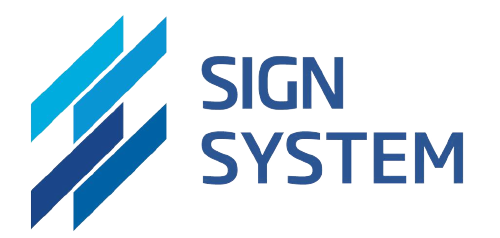Trade Agreements Rules
Trade Agreements Rules: What You Need to Know
In today`s globalized world, trade is an essential part of any country`s economic growth. To facilitate trade between nations, governments often enter into trade agreements. These agreements aim to reduce or eliminate tariffs and other trade barriers, making it easier for businesses to trade with each other.
However, navigating trade agreements can be challenging for businesses, particularly when it comes to complying with the rules and requirements set out in these agreements. In this article, we`ll take a closer look at some of the most important trade agreement rules to help businesses ensure compliance and avoid penalties.
1. Rules of Origin
One of the most critical aspects of trade agreements is rules of origin. Rules of origin define the criteria that must be met for a product to be considered as originating from a particular country. These criteria can include the percentage of local content, the level of processing, and the originating country`s value-added.
Failure to comply with rules of origin can result in increased tariffs or even rejection of the products. Therefore, businesses must thoroughly understand and follow the rules of origin to avoid any issues.
2. Technical Barriers to Trade
Another significant aspect of trade agreements is the technical barriers to trade. Technical barriers can include safety, health, and environmental regulations, as well as labeling and packaging requirements. These regulations are sometimes necessary to protect consumers` safety and health, but they can also create additional costs for businesses.
To comply with technical barriers to trade, businesses must ensure that their products meet the required standards and regulations. This may involve obtaining certifications or testing products to ensure they meet the required standards.
3. Intellectual Property Rights
Trade agreements typically include provisions for protecting and enforcing intellectual property rights. Intellectual property rights can include patents, trademarks, copyrights, and trade secrets. Failure to comply with these provisions can result in legal penalties and damage to a business`s reputation.
To comply with intellectual property rights requirements, businesses should ensure that they have the necessary licenses and rights to use and distribute any copyrighted or trademarked material. They should also take steps to protect their own intellectual property by registering trademarks and patents and implementing measures to prevent trade secret theft.
4. Anti-Dumping and Countervailing Duties
Trade agreements often include provisions for anti-dumping and countervailing duties. Anti-dumping duties are imposed on products that are sold at artificially low prices to gain an unfair advantage. Countervailing duties are imposed on imports that benefit from foreign government subsidies.
To avoid anti-dumping and countervailing duties, businesses should ensure that their prices are competitive and not significantly lower than those of competitors. They should also be aware of any potential subsidies they receive from foreign governments and ensure that they comply with the relevant regulations.
Conclusion
Complying with trade agreement rules can be a challenge, but it`s essential for businesses that want to avoid penalties and maintain their reputation. By understanding and following the rules of origin, technical barriers to trade, intellectual property rights, and anti-dumping and countervailing duties, businesses can ensure that their products meet the necessary standards and regulations and can trade with confidence.
